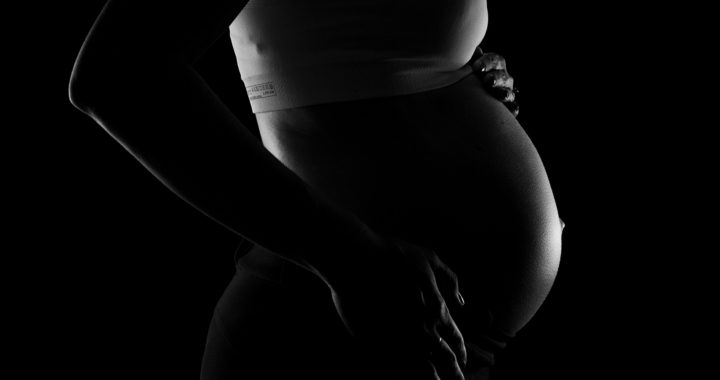Virgin births are best reserved for religious and cultural narratives. But there appears to be cases of similar miraculous births transpiring in modernity. Several women in the United States have claimed pregnancy without sexual intercourse or using assisted pregnancy technology according to a study published in the British Medical Journal in 2013.
A Look Into The Study About Claims of Virgin Births Among U.S. Women
Researchers Dr. Amy H. Herring et al. conducted a national longitudinal study that ran from 1995 to 2009. It involved interviewing 7870 American women and girls aged 15 to 28. Their primary intention was to examine the correlation of virginity in adulthood by obtaining and examining data multiple times from the same participants over a 14-year period—each time asking about their sexual and pregnancy histories, as well as age, religion and religious practices, and knowledge about birth control methods.
Notable Findings
The results surprised the researchers. Findings revealed that 45 or 0.5 percent of the pregnancies that occurred in the group allegedly transpired despite the absence of sexual intercourse. This figure did not include pregnancies resulting from in vitro fertilization or other assisted reproductive technology.
“It is important to note that these women did not report their experiences directly as virgin pregnancies,” said Herring. “They answered a series of questions on pregnancy history and on history of vaginal intercourse, from which virginity status at the time of pregnancy was derived.”
The results directly suggested that there were claims and cases of alleged virgin births or virgin pregnancies in the United States.
Contextualizing the Results
Herring et al. further analyzed the data obtained from the alleged virgin births. They found that the participants who had become pregnant and later gave birth despite their claim of being virgins share some common characteristics.
From the 45 cases of virgin births, 31 percent had signed a chastity pledge—a vow usually made for religious reasons to abstain from sex. 15 percent of non-virgins who became pregnant had also made a similar vow. Nonetheless, the 45 self-described virgins who reported having become pregnant and the 36 who gave birth were also more likely than non-virgins to say their parents never or rarely talked to them about sex and birth control.
About 28 percent of the interviewed parents of these self-described virgin mothers indicated they did not possess enough knowledge to discuss sex and contraception with their daughters.
Researchers Herring et al. also mentioned “born-again virgins” in describing those women who reported pregnancies but provided inconsistent reports of their virginity status over time. There were about 244 mothers who first admitted during the early stage of the study that they had sexual intercourse but retracted this claim during the later stages.
Implications and Key Takeaways
The researchers reminded that self-reported measures of potentially sensitive topics are subject to some degree of respondent bias.
Some who have examined the research data also suggested that the reports of virgin births result from errors produced by accidental misreporting of data by the study participants, or reticence on the part of participants to admit to vaginal intercourse. Herring admitted to this possibility. However, she raised some points to ponder.
“Assuming all of these births are due to errors of some sort,” she said, “0.5 percent is a rather low rate for misclassification of dates, respondent bias and other methodological issues that challenge researchers who must rely on self-reported data to study potentially sensitive topics.”
FURTHER READING AND REFERENCE
- Herring, A. H., Attard, S. M., Gordon-Larsen, P., Joyner, W. H., and Halpern, C. T. 2013. “Like a Virgin (Mother): Analysis of Data From a Longitudinal, US Population Representative Sample Survey.” BMJ. 347(2): f7102. DOI: 1136/bmj.f7102
